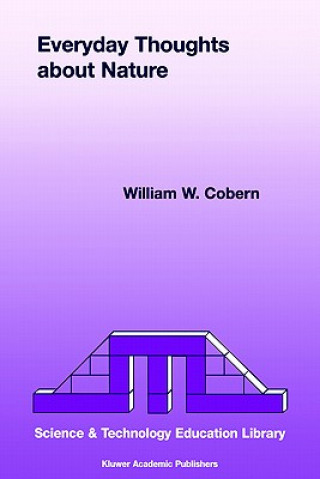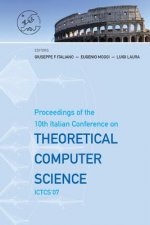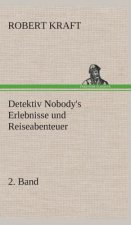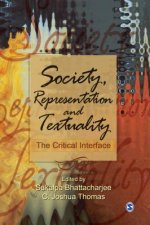
Consegna
Guida all'acquisto





Non ti piace? Non importa! Puoi restituircelo entro 30 giorni
 Buono sconto
Di qualsiasi valore
Buono sconto
Di qualsiasi valore
Non puoi sbagliarti con un buono regalo. Con il buono regalo, il destinatario può scegliere qualsiasi prodotto della nostra offerta.
Everyday Thoughts about Nature
 Inglese
Inglese
 339 b
339 b
30 giorni per il reso
Potrebbe interessarti anche


Dr. Olcbee Lee SchoolofEducation, UniversityofMiami Coral Gables, Florida 33124 I remember my excitement and appreciation several years ago when I first read World View Theory and Science Education Research by Bill Cobern (1991). It was a comprehensive, theoretical discussion ofworldview theory in science education. I am delighted to see that Cobern has taken the next step to provide empirical accountsofworldview in Everyday Thoughts about Nature. . The primary goal of the book is to understand how typical- ninth grade students and their science teachers think about Nature or the natural world, and how their thoughts are related to science. In pursuing this goal, the book raises a basicquestion about the purpose ofscienceeducationfor the public: Should science education seek to educate "scientific thinkers" in the pattern of the science teachers? Or, should science education seek to foster sound science learning within the matrices ofvari ous cultural perspectives? (p. 3) The answer to this question becomes clear, thanks to Cobern's excellent research and persuasivearguments. First, this research takes a humanistic approach in understanding what students and teachers think about Nature "through the language and ideas voluntarily expressed" (p. I). The research used multi directional prompts and encouraged students and teachers to speak freely and at length in any directions they wished. This humanistic approach is stated clearly: "[T]he research seeks to illuminate some of the various ways in which students think aboutNature withoutjudging eventhe most unorthodox perspectives" (p. 14).
Informazioni sul libro
 Inglese
Inglese
Categorie


 Contatto
Contatto Come acquistare
Come acquistare



























